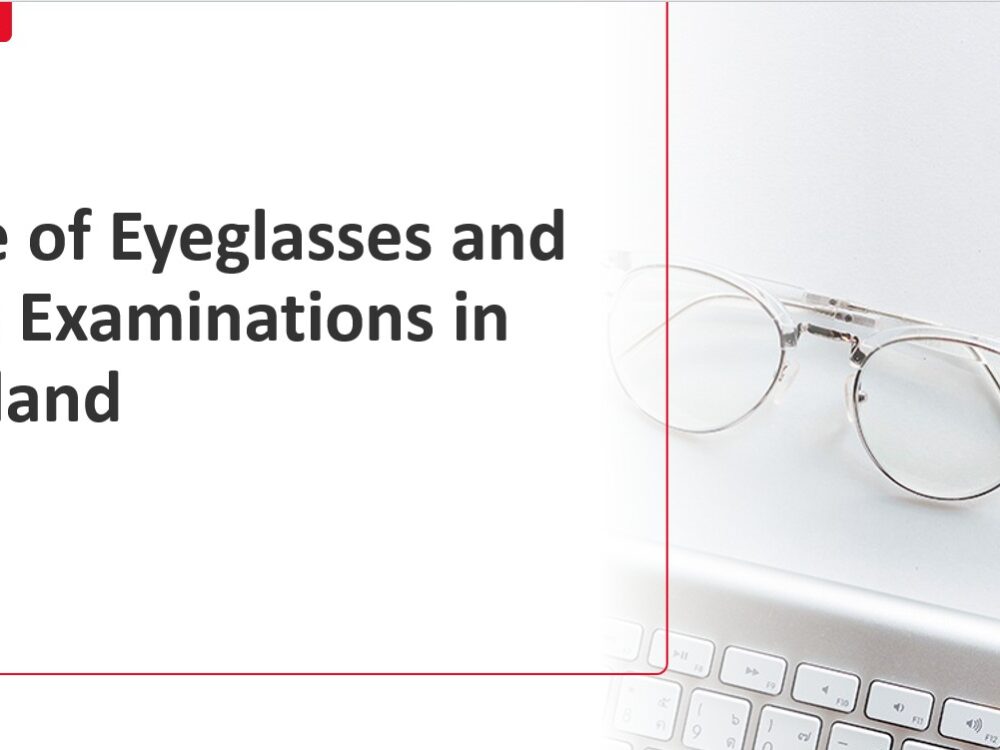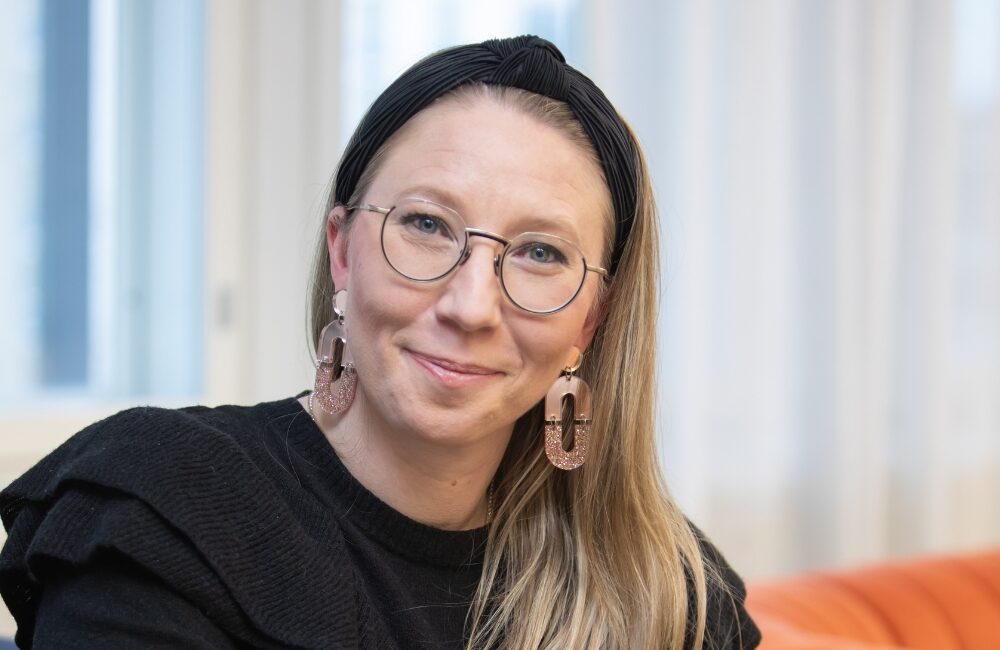
Current legislation in Finland unnecessarily burdens ophthalmologists with vast numbers of clients. “We have waiting lines of hundreds of thousands of people for the care of serious eye diseases. Despite this, the time of ophthalmologists is spent renewing eye glasses for eyes that may’ been operated on, but are otherwise healthy,” sums up Panu Tast, managing director of NÄE ry, which promotes eyecare. “Eye diseases are increasing rapidly as the population ages. Optometrists could help doctors in clearing up waiting lists,” says Jyri Vestervik, who was also chosen as Optician of the Year.
Finland’s entire health and social services sector is in trouble due to a lack of money, a lack of excellence and challenges related to the allocation of resources. The pressures created by the aging of the population are multiplied precisely in eye health levels, so the situation is already serious and worsening all the time. The Finnish Association of Vision and Eyecare NÄE ry considers the situation to be alarming.
“There are already more than half a million cataract patients in Finland, of which only 60,000 are operated on each year. About 300,000 people suffer from macular degeneration, glaucoma and diabetic retinopathy. We have waiting lists of hundreds of thousands of people for the care of serious eye diseases. Nevertheless, the time of ophthalmologists is spent on eye glasses for eyes that may have been operated on, but are otherwise healthy. Patients with eye diseases, on the other hand, have to wait in line and suffer needlessly,” emphasizes Panu Tast, managing director of NÄE ry.
The reason for the situation is a regulation that, unlike in Sweden, for example, forces everyone whose eyes have been operated on to become customers of ophthalmologists. This is what the regulation stipulates, even if it is only a matter of renewing glasses for healthy eyes – as is often the case. NÄE ry and Suomen Optometrian Ammattilaiset ry – Soa (The Finnish Association of Optometric Professionals) hope for a quick fix to the situation.
“Two thirds of ophthalmology customers have experienced a surgical operation. Optometrists could take care of up to 150,000 visits that currently require an ophthalmologist due to the regulation. At least a quarter of the ophthalmologists’ valuable time would be freed up for the treatment of serious eye diseases. In this way, the lives of hundreds of thousands of Finns would be made easier and KELA compensations would be directed towards the treatment of diseases,” stresses the chairperson of Soa, Riikka Torvela.
The regulatory change would remove the “deadlock” and create savings of tens of millions
Optometrist Jyri Vestervik, chosen as Optician of the Year 2023 has also come across the absurdity of the regulation.
“We optometrists operate with the same eye examination equipment as ophthalmologists and we identify situations where the special expertise of an ophthalmologist is necessary. It’s frustrating that a customer who has healthy eyes must visit an ophthalmologist to have their eye glasses replaced, for the mere reason that they once had an eye surgical operation,” worries Soa board member and Synsam’s leading optician Jyri Vestervik.
“Eye diseases are increasing rapidly as the population ages. Optometrists could help doctors in breaking up treatment waiting lists. There is excellent evidence of this in, among others, Helsinki University Hospital, HUS”, says Vestervik.
Every year, 60,000 new cataract surgery patients and 25,000 refractive surgery patients are transferred to the “forced care” of ophthalmologists. Both eye disease patients and those with healthy eyes, but who have been operated on, suffer from long and largely unjustified waiting lines for ophthalmologists.
“This completely unnecessary eye healthcare deadlock could be opened up quickly and easily! Let’s just remove the regulation point in question, which is, mostly, a paradox in European healthcare legislation. According to reports, the financial savings would also amount to tens of millions, which would ease the lack of money in wellbeing services counties. If the regulation is not changed, the current care of eye diseases will lead to chaos – an emergency intervention is necessary. Now there is a great danger that the increase in KELA (The Social Insurance Institution) compensations will
also lead to basic health checks and the situation of eye patients will only deteriorate at the same time”, underlines Panu Tast, managing director of NÄE ry.
Additional information:
Panu Tast managing director, Finnish Association of Vision and Eyecare NÄE ry, +358 29 3 000 901, panu.tast@naery.fi
Riikka Torvela, chairperson of the board, Suomen Optometrian Ammattilaiset Soa ry, +358 40 5385108, riikka.torvela@erto.fi
Jyri Vestervik, leading optician, Synsam Group Finland Oy, +358 45 167 9505, jyri.vestervik@erto.fi


